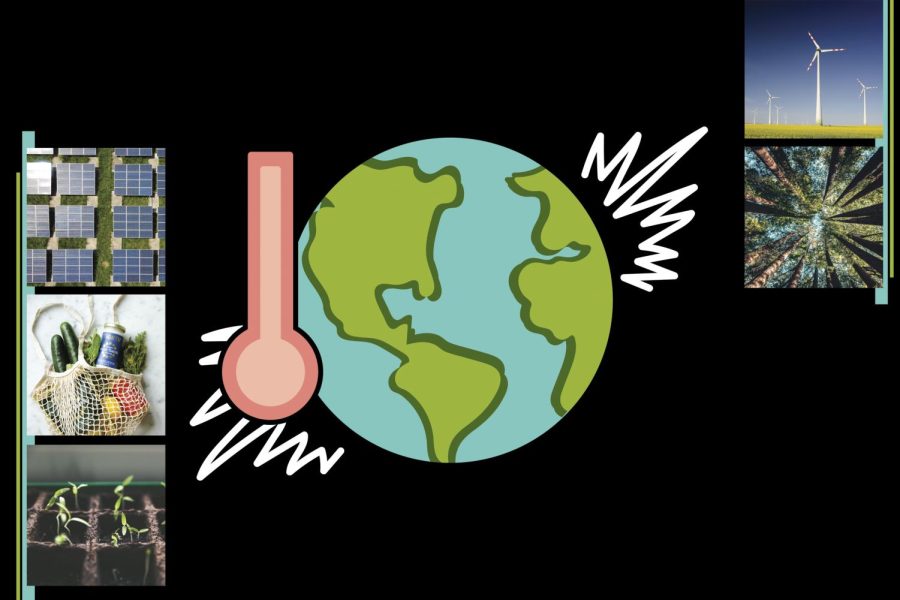The University of Minnesota is considering two finalists for a new chief sustainability officer position that will oversee short and long term sustainability initiatives, like achieving net-zero greenhouse gas emissions by 2050.
The search for candidates began in December 2021, and finalists Shane Stennes and Lacey Raak participated in public question and answer panels on April 4 and 7, respectively. Stennes is the current University director of sustainability and Raak is the current sustainability director at California State University Monterey Bay.
Creating this position is part of the University’s system-wide strategic plan to advance sustainable development goals, according to Vice President of University Services Mike Berthelsen.
Responsibilities of the sustainability officer will include developing the next generation Climate Action Plans for 2030, according to the 2021 MPact accountability report.
The officer will also collaborate with researchers, educators and facilities managers at the University, and work with University organizations, like the Institute on the Environment, to address hunger and food insecurity, according to Berthelsen.
The position will also help maintain external partnerships with organizations like the Clean Energy Resource Teams and Climate-Smart Municipalities.
“What’s new and important about this position is its systemwide reach and focus on coordination of these efforts,” said Jessica Hellmann, director of the University’s Institute on the Environment.
While the University employs sustainability leaders and personnel on all of its campuses, other universities have a chief sustainability officer position, according to Hellmann.
The University of Southern California hired its first chief sustainability officer in July 2021 to help achieve their goals of carbon neutrality and zero waste by 2028.
Developing sustainability goals at the University is also important due to the size of the campus and its influence on communities and the state, Hellmann said.
At the public panels, Stennes and Raak shared their perspectives on the importance of sustainability at the University and in Minnesota.
“Climate mitigation and adaptation is crucial to our University’s work,” Stennes said during the public panel on April 4. “If we fail to take swift action, warming across the planet, including here in Minnesota, will be catastrophic, harming people, communities and ecosystems.”
According to the systemwide strategic plan, more than 70% of Minnesota’s health care practitioners, like dentists, pharmacists and veterinarians, are trained through the University. The healthcare industry is also a major producer of waste worldwide, according to the World Health Organization.
“Over 70% of Minnesota’s health care practitioners are trained by the University,” Raak said during a public panel on April 7. “What if all those health care practitioners left the University with tools to reduce waste in the medical field?”
In the past year, student groups have advocated for more accountability from the University in meeting sustainability and climate action goals.
The Environmental Student Association (ESA) said they want an officer with a background in sustainability and environmental justice who is willing to collaborate with Minneapolis neighborhoods, according to ESA member Louisa Brody.
ESA member Piper Gallevin said she hopes the officer position will speak up about “bigger issues,” like divestment from fossil fuels or environmental justice.
“I would like to see more transparency and communication to the student body, even if things don’t go exactly as planned,” Brody said. “Even if they can show us what they’re working on, how it’s going, challenges or what we can do to help.”














